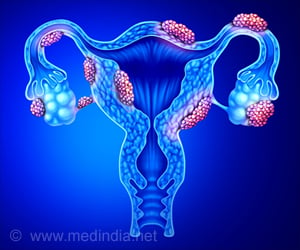Women who have had female genital mutilation (FGM) are significantly more likely to experience difficulties during childbirth.
Women who have had female genital mutilation (FGM) are significantly more likely to experience difficulties during childbirth and their babies are more likely to die as a result of the gruesome practice, a new United Nations study has shown.
The study, the first to give clear evidence of the harmful effects for women and children, calls for total abolition of a practice which affects 100 million women worldwide.The serious complications during childbirth it cites include the need to have a caesarean operation, dangerously heavy bleeding after the birth and prolonged hospitalization, with the degree of complications increasing depending on the extent and severity of the FGM.
The death rate among babies during and immediately after birth is also much higher, in some case up to about 55 per cent. Because the study was carried out in hospitals, experts said death and harm rates were probably significantly higher overall, as many women in the societies where FGM is practiced give birth at home.
'As a result of this study we have, for the first time, evidence that deliveries among women who have been subject to FGM are significantly more likely to be complicated and dangerous,' UN World Health Organization (WHO) Assistant Director-General for Family and Community Health Joy Phumaphi said of the practice which is particularly common in Africa.
'FGM is a practice steeped in culture and tradition but it should not be allowed to carry on .. We must also steadfastly resist the medicalization of FGM. WHO is totally opposed to FGM being carried out by medical personnel,' she added
Source:(PTI News)





